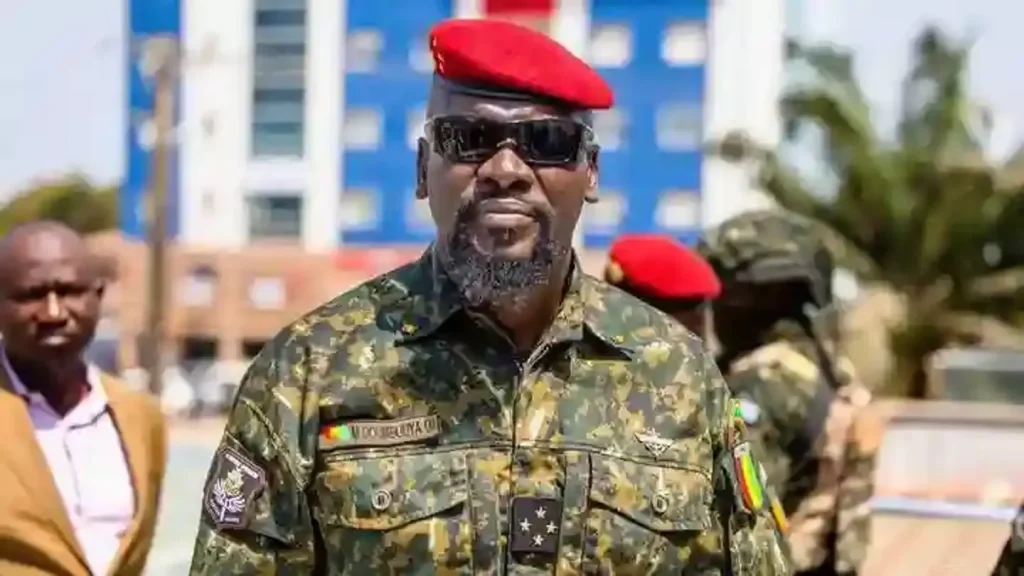Guinea will hold its first presidential election since the 2021 military coup on December 28, 2025, as declared on state television. The Supreme Court’s approval of a new constitution enables this pivotal vote.
Path for Doumbouya
The new constitution replaces a transitional charter that barred junta members from running. This change allows coup leader Mamady Doumbouya to potentially transition to elected president, though he hasn’t confirmed his candidacy.
Constitutional Changes
The charter extends presidential terms from five to seven years, renewable once. It also introduces reforms to Guinea’s institutions, aiming for a stable transition to civilian rule.
Referendum Doubts
The Supreme Court reported 89% approval for the constitution with 92% voter turnout. Opposition groups question these numbers, claiming low participation at polling stations. This dispute raises concerns about the vote’s credibility.
Regional Context
Guinea’s election follows a trend of military coups in West and Central Africa. Chad and Gabon held elections to restore civilian rule, while Mali and Niger extended transitions. Guinea’s vote signals a shift toward democracy.
Global Stakes
Guinea holds the world’s largest bauxite reserves and the untapped Simandou iron ore deposit. Political stability is critical for global investors eyeing these resources.
Why It Matters
The election could reshape Guinea’s governance, balancing military and civilian power. Its outcome will impact regional stability and economic partnerships.
What’s Next
As December 2025 nears, clarity on Doumbouya’s plans and opposition strategies will shape Guinea’s political future.
Gabon Awaits Election Results After First Vote Since 2023 Coup






